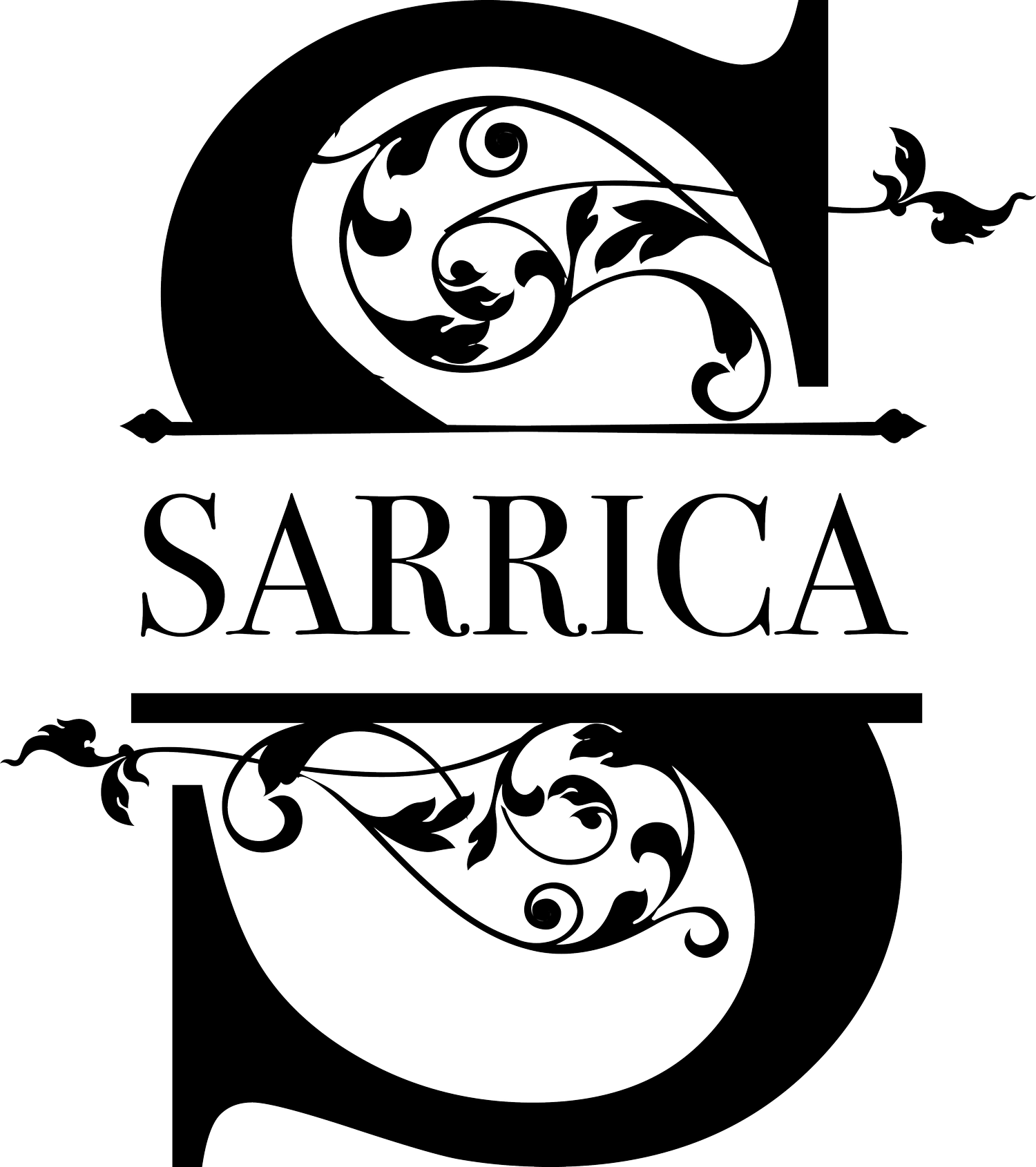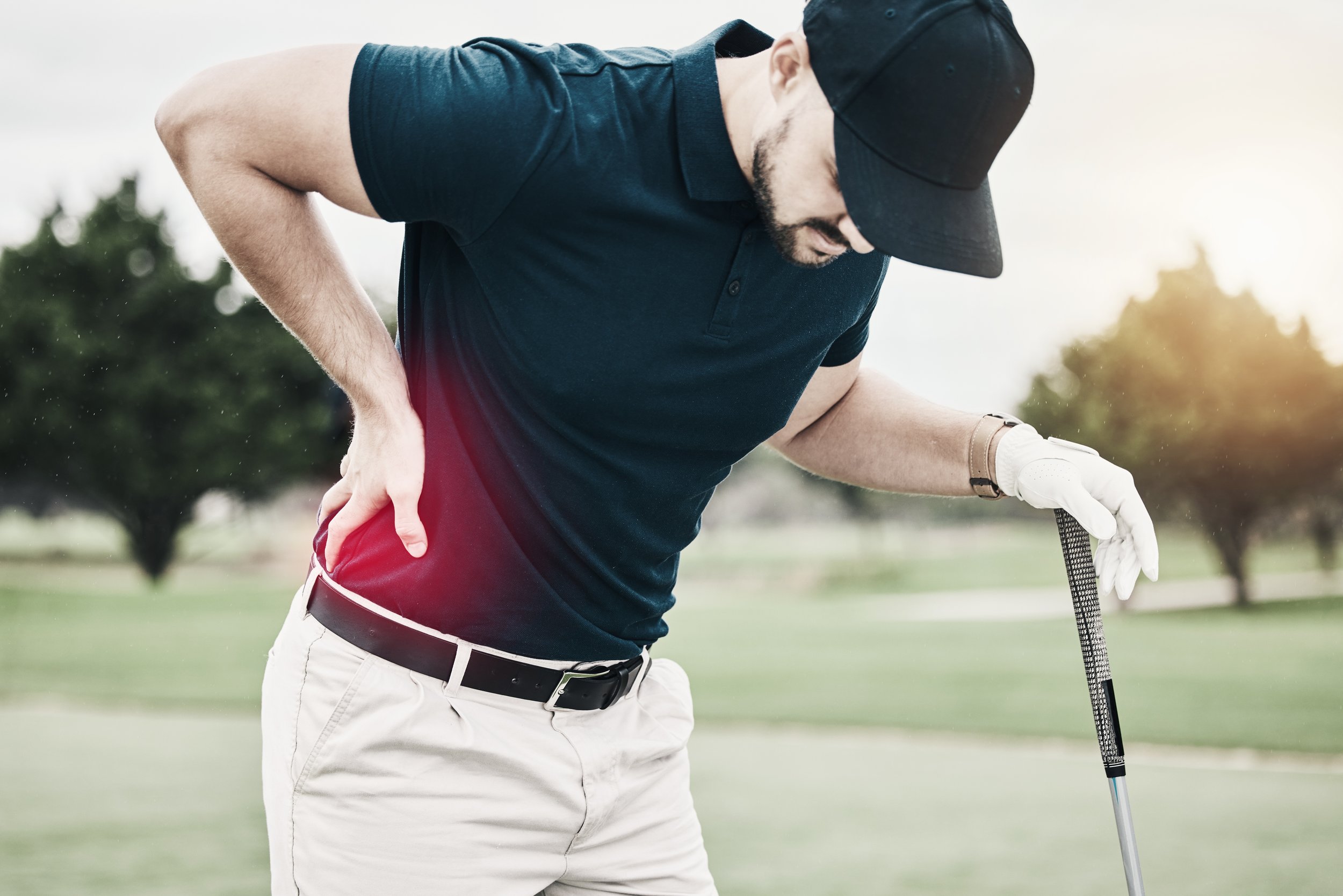What Your Body's Limitations Can Tell You About Your Golf Swing
Golf is often seen as a game of precision, technique, and mental focus. However, beneath the surface, your body’s instabilities, coordination deficits, and physical restrictions can tell you more about why you are struggling to get through a round of golf more efficiently and pain-free than you think. As physical therapists, we understand that movement patterns often reveal underlying imbalances or dysfunctions that could lead to injury. Our PT Golf Screen and Examination highlights physical limitations that you may not even be aware of, but that are holding you back both on the course and in daily life.
1. Posture and Core Stability
A powerful, consistent golf swing starts with good posture and core strength. If you find that you're hunching over the ball or struggle to maintain good spine angle throughout your swing, this could indicate weakness or instability in your core muscles. Core strength is critical for rotational power and balance, both of which are key for an effective golf swing. Weak abdominals or poor pelvic control can cause your lower back to overcompensate, putting you at risk for injury.
Physical Therapy Solution:
Core stabilization exercises geared to your deficits can help you maintain a good spine angle throughout your swing and prevent the lower back strain that many golfers experience.
2. Hip Mobility
During the backswing and follow-through, your hips should rotate smoothly and powerfully. If your swing feels restricted, stiff, or lacks power, your hip mobility and stability could be to blame. Restricted hip joints, weak and/or tight hip flexors and gluteal muscles can limit your ability to generate torque, forcing other parts of your body—like your back or shoulders—to compensate. This often leads to inefficient movement patterns and, eventually, overuse injuries.
Physical Therapy Solution:
Targeted hip stretches and dynamic exercises can help to improve hip mobility and stability and improve overall swing mechanics.
3. Shoulder Mobility and Stability
The shoulders are heavily involved in the rotational aspect of your golf swing. Limited shoulder mobility or instability could cause you to lose power or control, especially during the top of your backswing or the follow-through. For example, if you notice that your swing arc is unpredictable and out of control, it might be because your shoulder joint is either too stiff or lacking the stability to support smooth and concise movement.
Physical Therapy Solution:
Hands on soft tissue release, joint mobilizations, or strengthening of the rotator cuff, are some of the ways to enhance your range of motion and stability to reduce strain and improve the overall precision of your swing.
4. Balance and Lower Body Strength
Balance is a critical part of any golf swing. If you find yourself shifting too much weight onto one foot or feeling unsteady throughout the swing, this could indicate weaknesses in your lower body. Proper weight transfer from your back foot to your front foot relies on good balance, strong leg muscles, and proprioception (body awareness). Uncontrolled weight shift can result in loss of power and accuracy.
Physical Therapy Solution:
Working on stabilizing the body on one leg and learning how to transfer power in a controlled fashion between both sides of your body can help you to smooth out your swing in a balanced manner.
5. Spine Mobility
Similar to the shoulders, the mid-back plays a crucial role in the rotational aspects of your swing. If you're unable to rotate effectively through this part of your spine, you may find your swing feels restricted or your range of motion limited. Stiffness in the thoracic spine forces the lower back or shoulders to overcompensate, often leading to pain or injury.
Physical Therapy Solution:
Manual adjustment to your thoracic (mid-back) spine, instruction on foam rolling and stretching techniques, and even workstation ergonomic education are some of the ways your physical therapist and help you to improve spine mobility.
Your golf swing isn’t just about technique—it's a reflection of how your body moves as a whole. Physical limitations, from core weakness to limited mobility, can have a significant impact on your performance. By identifying these weaknesses, you can not only improve your game but also prevent injury and enhance your overall physical health.
If you’re interested in learning how a physical therapist can help you optimize your golf performance and eliminate pain, schedule a consultation with us today at www.sarricapt.com or call us at 347-560-6920!







